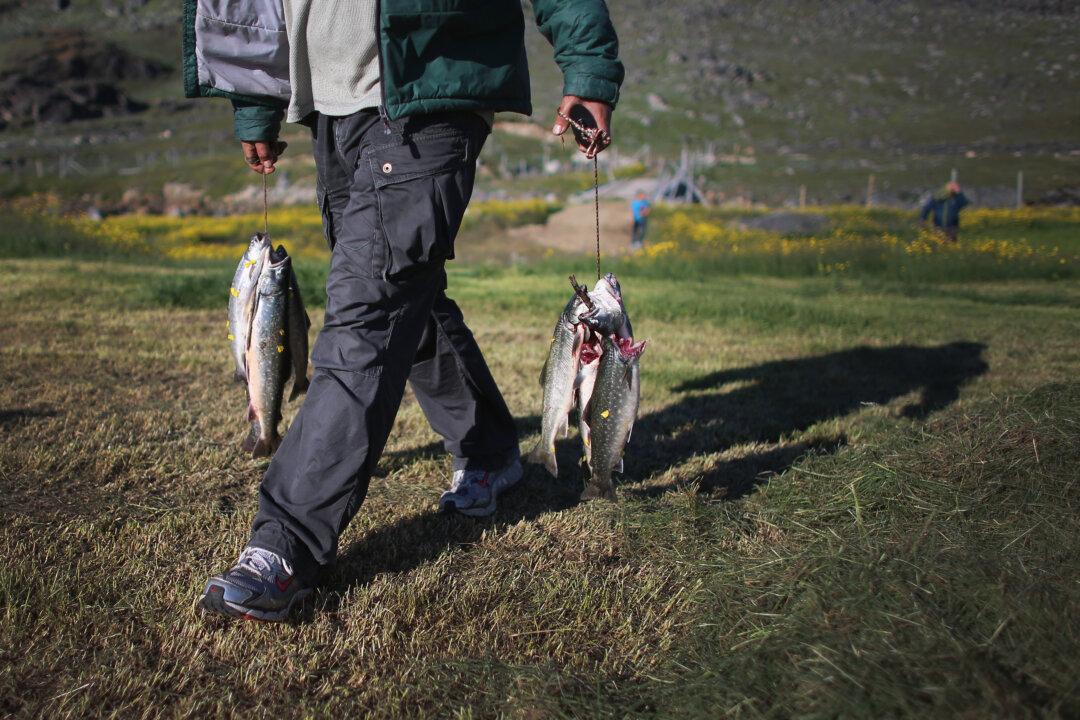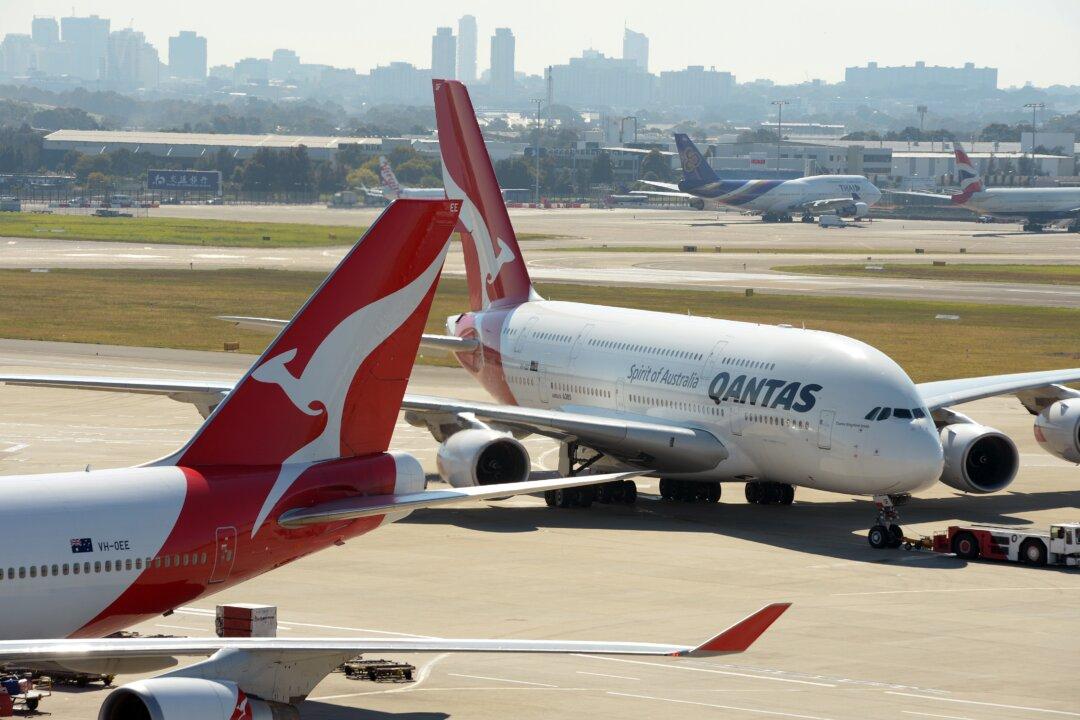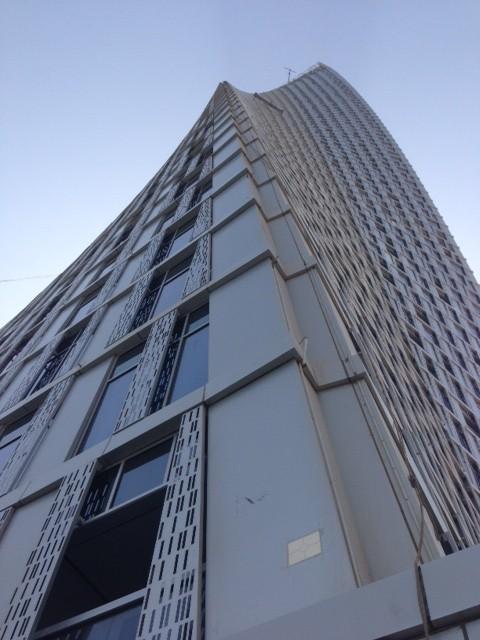Israel to Ease Gaza Blockade
Israel has announced that it will ease much of its blockade of the Gaza Strip following weeks of international pressure.

Members of Hamas' security forces demonstrate their skills during a graduation ceremony in Gaza City on June 17, 2010. The Islamic Resistance Movement, known as Hamas, won Palestinian legislative elections in 2006 and violently seized power in Gaza the following year. Mohammed Abed/AFP/Getty Images
|Updated:





